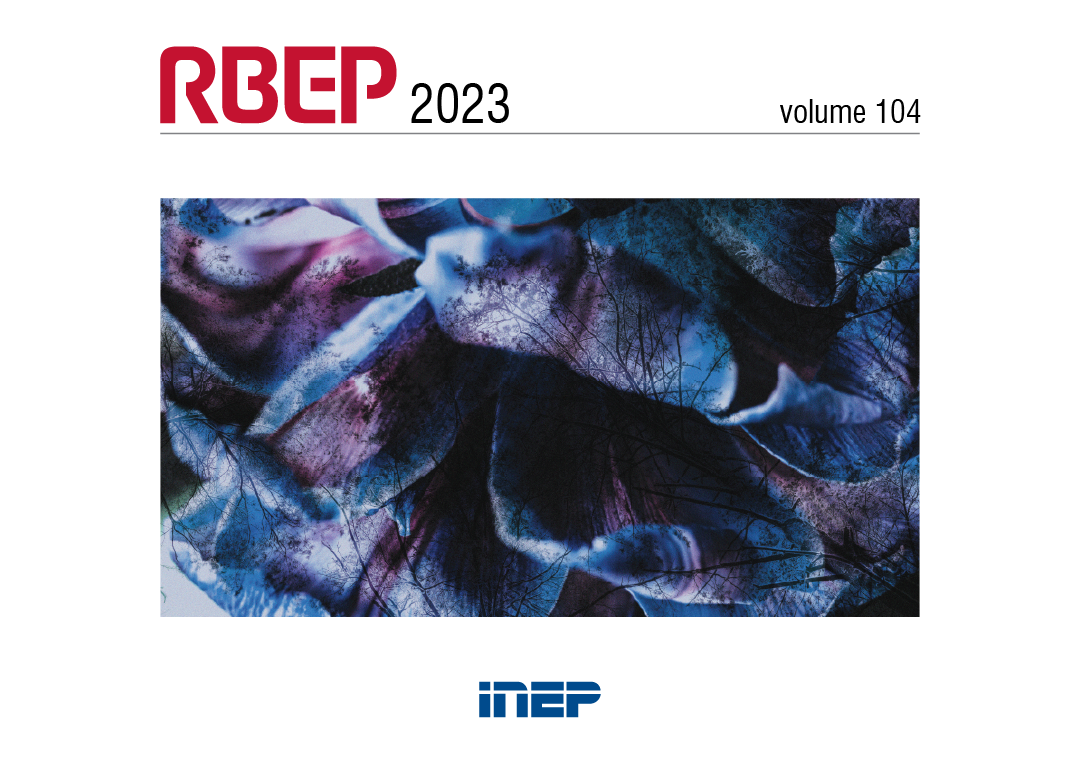Higher education course completion: a look at newcomers from the lower classes at the Federal University of Fronteira Sul
Abstract
The objective of this work is to analyze the effects of socioeconomic and racial characteristics of students and institutional aspects on the completion of higher education at the Federal University of Fronteira Sul (UFFS). This theme is part of the debate on inequality of opportunities in higher education, considering recent policies for greater social inclusion, such as Law nº 12.711/12 (Lei de Cotas). Thus, a cohort of freshmen at UFSS and characteristics related to course completion were studied, based on quantitative data obtained from UFFS and Inep (Enem and Higher Education census), and through descriptive and multivariate analysis. The main findings showed that: men, especially black ones, had lower chances of completion than white women; students from rural areas have more chances of completing a course than those from urban areas; and social support policies and extracurricular activities have positive effects on course completion. The performance in the writing grade of Enem also proved to be a relevant factor in completing the course. The study highlights the importance of affirmative actions for the access of the lower classes to public higher education and of permanence policies for completion.
Downloads
Copyright (c) 2023 Brazilian Journal of Pedagogical Studies

This work is licensed under a Creative Commons Attribution 4.0 International License.
Once their work is accepted for publication, author’s copyrights are automatically relinquished to the National Institute for Educational Studies and Research Anísio Teixeira (Inep).
Since 2016, the journal Revista Brasileira de Estudos Pedagógicos (RBEP) uses the licence CC-BY.
Partial or total reproduction of the content of this Journal is permitted provided that the original publication is properly referenced, as well as a link to license CC BY 4.0 and to indicate any possible alterations made to the article.




















